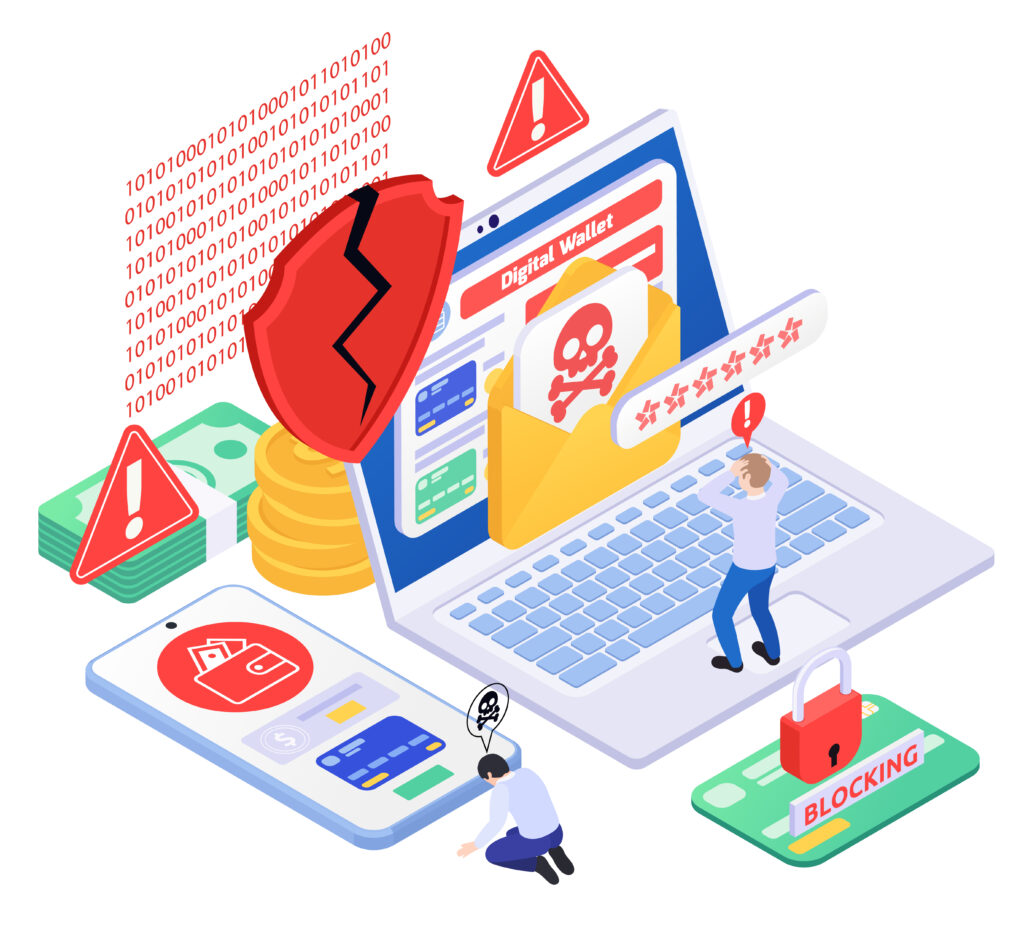We live in an exciting century: innovations abound and human beings are reaching new heights – progress that is not without risk, particularly when it comes to cybersecurity. Indeed, as technology advances, so do scams. Here are a few common scam scenarios that should put you on the alert.
Bank account number, credit card number, identity card, Pin code, confidential credit card code, One-Time Password sent by the bank to validate a transaction: these are all personal details that should never, under any circumstances, be shared with anyone! Indeed, with the development of digital technology, fraudsters are redoubling their creativity to extort money from their victims.
The phishing (fake lottery)
A WhatsApp or Facebook call, sometimes even from people pretending to be MCB employees, informs you that you’ve won the jackpot and that all you have to do to claim it is share a few personal details.
Sentimental scams
Also very common: an unknown person contacts you with the eventual aim of establishing a romantic relationship. Once trust has been established, they invent far-fetched scenarios (accident, theft of money, injured child…) to make increasingly large demands for money.
Online scams
Fake merchants use social networks to sell non-existent items: once the product has been paid for, these people disappear without a trace.
Fake loans loans
Individuals offer loans or cryptocurrency at ultra-competitive rates and ask interested parties to fill in their personal details on a site, enabling them to empty their victim’s bank account.
Sextortion and online harassment
Scammers arrange to obtain compromising photographs or information and threaten to make them public if they don’t obtain a certain sum of money.
The fake parcel
The victim receives messages from people pretending to be postal workers, asking for money to pick up a parcel that doesn’t exist.
